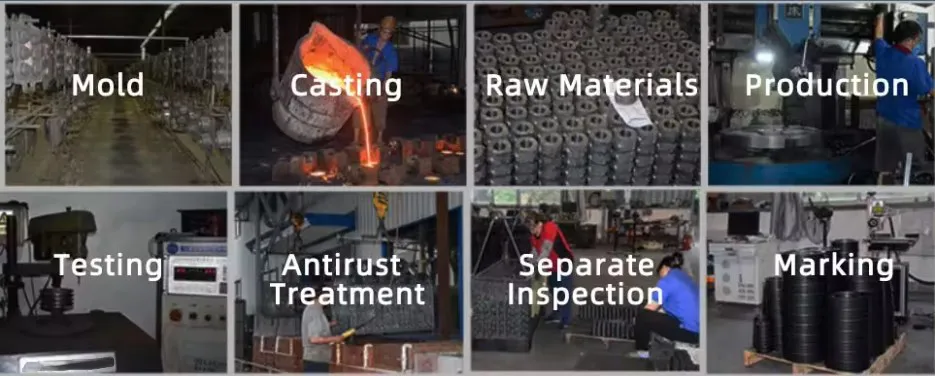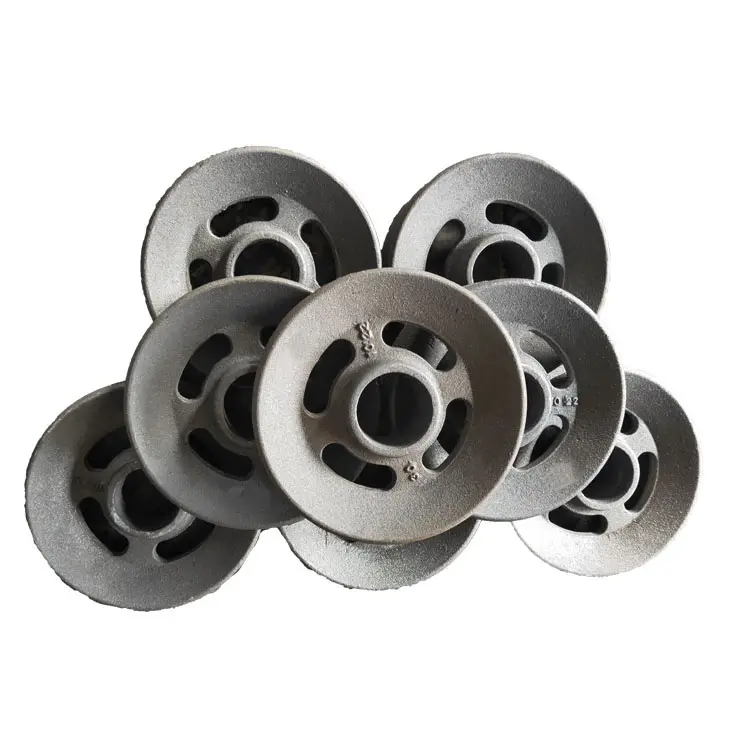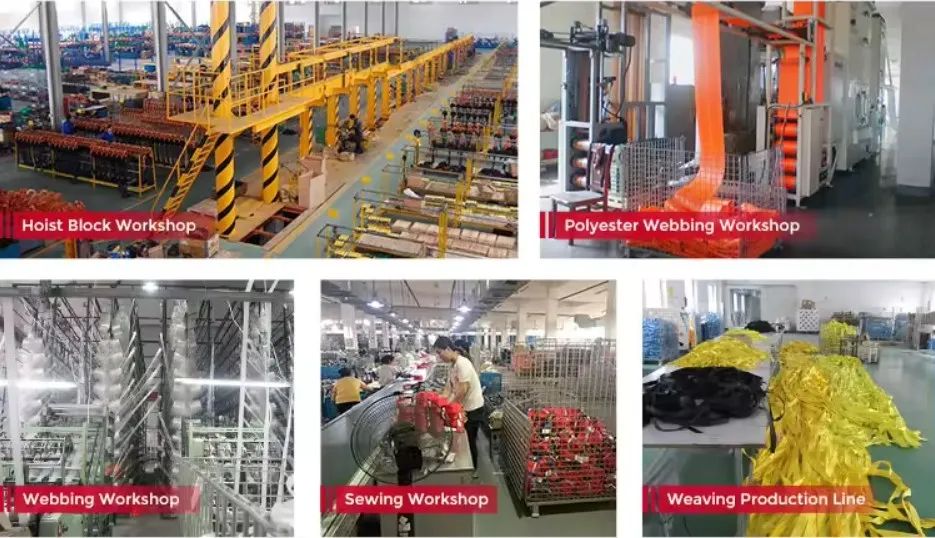Introduction to Pipe Sheave
- High-quality material
- Precision engineering
- Smooth operation
- Long-lasting durability
- Wide range of applications
Types of Sheave Pulleys
Single Sheave Pulley
The single sheave pulley consists of a single wheel with a grooved rim to hold the rope or cable in place.
Double Sheave Pulley
The double sheave pulley has two wheels in a single frame, allowing for increased mechanical advantage and load distribution.
Snatch Block Sheave
A snatch block sheave is designed for heavy loads and can swivel to accommodate different angles of pull.
Wire Rope Sheave
Wire rope sheaves are specifically designed to work with wire ropes, ensuring a secure grip and smooth operation.
V-belt Sheave
V-belt sheaves are used with V-belts to transfer power efficiently between two points.
Timing Belt Sheave
Timing belt sheaves are toothed to match with the timing belt teeth, providing precise power transmission.
What is a sheave on a pulley?
- A sheave on a pulley is a wheel with a grooved rim that holds a rope, cable, or belt.
- It is used to change the direction of the force applied and to transmit power.
- Sheaves come in various sizes and materials to suit different applications.
- They are essential components in lifting and pulling systems.
- Sheaves help reduce friction and wear on ropes or belts.
What are sheaves used for?
- Changing the direction of a force
- Transmitting power efficiently
- Supporting and guiding ropes or belts
- Increasing mechanical advantage
- Reducing friction and wear
- Facilitating lifting and pulling operations
Process of Sheave Pulley

The process of manufacturing a sheave pulley involves several steps:
Mold
Designing and creating the mold that will shape the sheave pulley.
Casting
Pouring molten material into the mold to form the sheave pulley shape.
Raw Materials
Using high-quality materials to ensure durability and performance.
Production
Manufacturing the sheave pulley with precision engineering and quality control.
Testing
Thoroughly testing the sheave pulley for strength, efficiency, and safety.
Antirust Treatment
Applying anti-rust treatment to protect the sheave pulley from corrosion.
Separate Inspection
Conducting separate inspections to ensure the sheave pulley meets all standards.
Marking
Marking the sheave pulley with relevant information for identification and traceability.
How do you adjust sheave pulleys?

- Check the alignment of the sheave pulley
- Tighten or loosen the fastening bolts as needed
- Ensure the sheave pulley is properly lubricated
- Inspect for any wear or damage
- Use a sheave gauge to measure groove wear
- Adjust the tension of the belt or rope
- Consult the manufacturer’s guidelines for specific adjustments
About HZPT

Founded in 2006, HZPT is a leading manufacturer of precision transmission components based in Hangzhou. We specialize in producing a wide range of custom-made products to meet your specific needs. Before establishing our overseas sales team, we started production of 3D printer parts, anti-theft screws, camera mounts, and more. We offer assembly production services to streamline the process and save time and costs. With a focus on quality, competitive pricing, and excellent customer service, HZPT has built a reputation for excellence in Europe and the Americas. Choose HZPT for top-notch products and superior service.